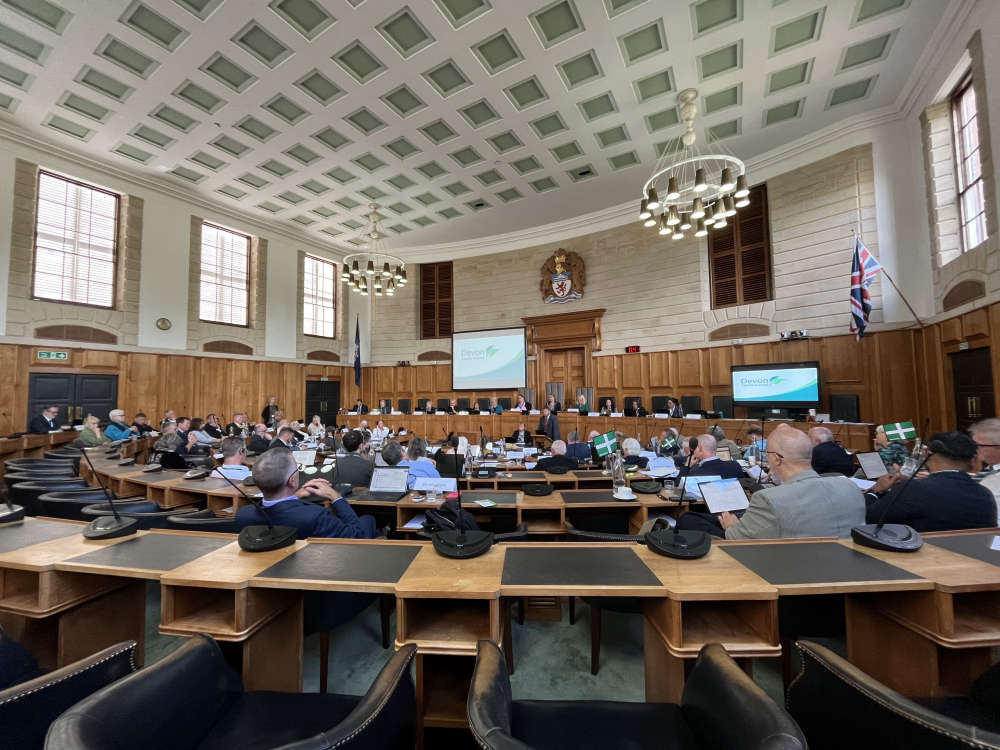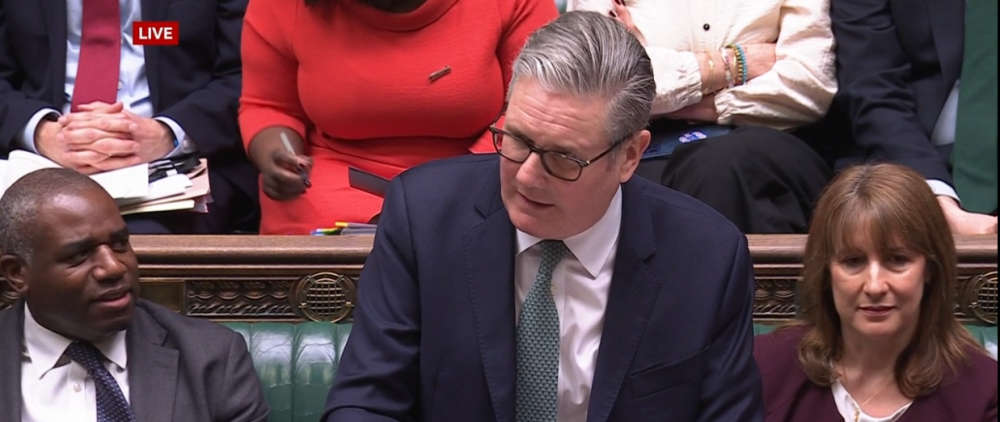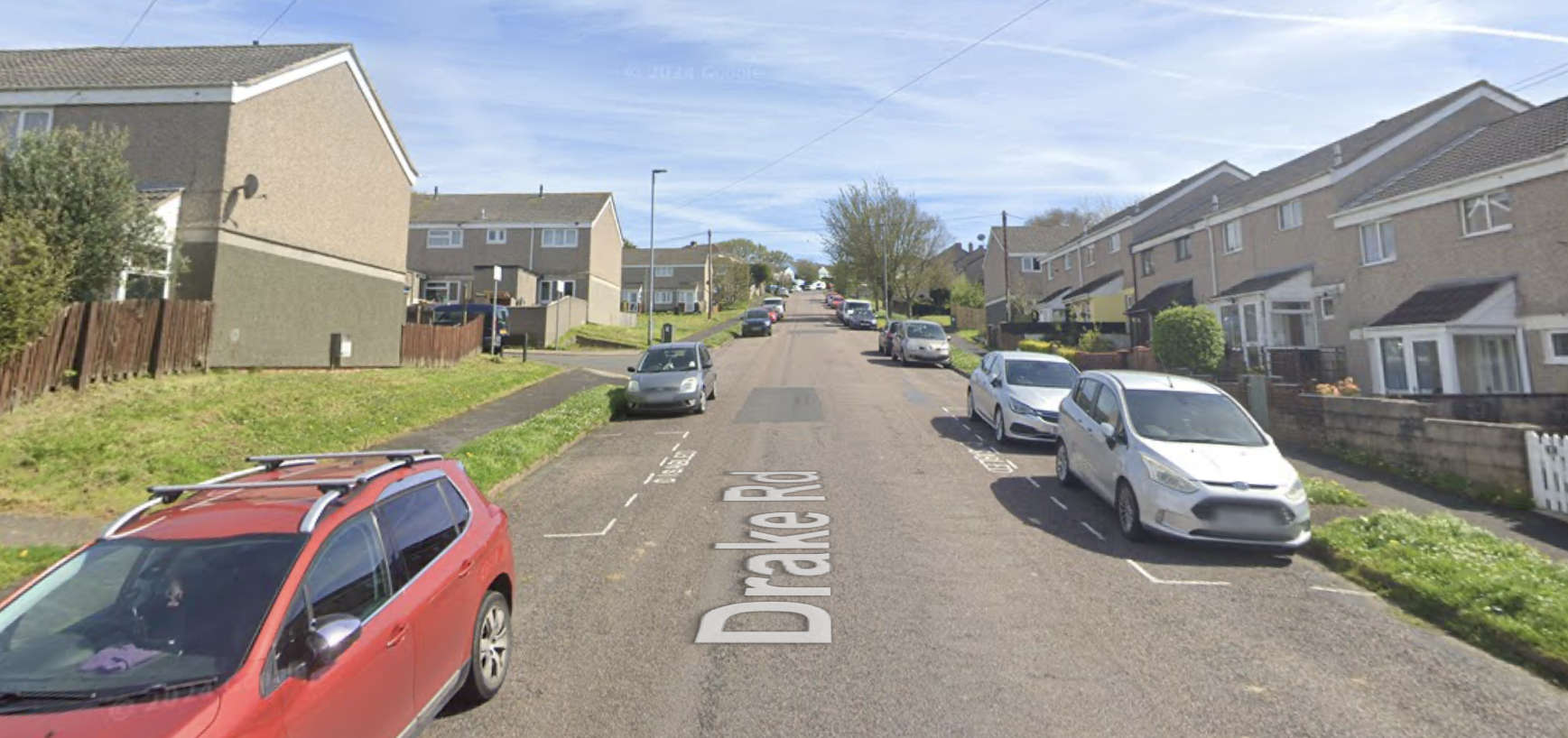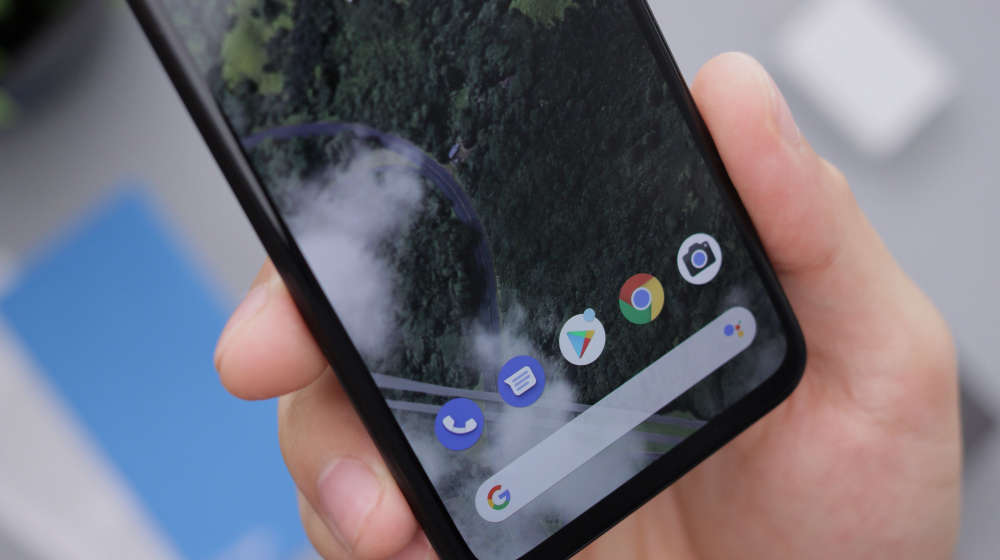
Councillors back motion
Backing has been given to the idea of banning mobile phones in Devon’s schools from next academic year.
While councils can’t actually prevent mobile phones in schools, Devon County Council members voted in favour of endorsing the “principle of a countywide ban on student smartphone use during the school day”, which would include break and lunchtimes.
The idea will be to create a policy that Devon’s maintained schools can adopt.
Schools cannot be mandated to use the policy, but the council hopes they would get behind it, and that academies and independent schools would then follow suit.
The plan is for a consultation to be completed before the start of the spring term, with results analysed by February 2026, and implementation of the policy ready in time for the start of the next academic year.
Members heard that the Department for Education (DfE) guidance suggested one of four routes: phones not brought to school at all; phones handed in at arrival and returned after school; phones stored securely in lockers and inaccessible until the end of the school day; or phones kept out of sight and unused during the school day.
It’s understood not bringing smartphones in is the most effective option but that most schools pursue the route of asking students to keep them out of sight, which the council believes “is inconsistent in its effectiveness”.
The councillor behind the motion, Cllr Graham Bell (Liberal Democrat, Braunton Rural), said “schools were calling out for a steer from the county council”.
“The government’s chief inspector of schools delivered an emphatic and unambiguous message about smartphones,” said Cllr Bell.
“He said ‘ban them, ban them, ban them’. Banning them is achievable, cost-effective, Ofsted approved and improves educational outcomes.”
Cllr Bell said even when unused, smartphones “steal attention”, adding that evidence suggested higher usage was linked to lower academic achievement and more disruption in class.
He added that “acting now allows us to look at this across the county”, noting that consultation was “vital”.
Councillor Steve Lodge (Liberal Democrat, Tiverton West) reiterated that the motion was “vital in supporting maintained schools in implementing a firm policy around smartphones as it provides the authority and consistency needed”.
“While it might be unpopular with some parents, it is in the best interests of pupils’ learning and wellbeing,” he said.
“Schools often face pressure from families with differing views, and without the visible support of their local authority, they may struggle to enforce such a policy effectively.”
“By standing firmly behind schools, this council will help ensure the headteachers and staff can prioritise education, safeguard pupils and create a healthier learning environment without being undermined by external objections.”
Councillor Thomas Richardson (Green Party, St Sidwells & St James) said he was likely the councillor who had “most recently attended school”.
“It was only just over five years ago I finished secondary education and I am almost grateful I attended school early in the social media age, but even then it was quite clear the damage mobile phone use and social media had,” he said
“Depsite smartphones becoming a common thing for teenagers to have, since I went to school the situation has certainly become a lot worse.
“Smartphones now become a regular distraction in many classrooms, at lunchtime, in the playground, before and after school.”
Cllr Richardson added, however, that it was important to note the damage smartphones could do outside of school, and warned about “dangerous and possibly extremist content”.
Several other councillors also spoke in favour of the motion, noting their struggles with mobile phone use in relation to their own children.
Others flagged potential issues related to the fact smartphone apps can be used to pay for school travel, while Councillor Denise Bickley (Liberal Democrat, Sidmouth) said having worked in a primary school, this policy could apply to “children below the age we’re thinking”.
“This is primary as well, and we see boxes and boxes of phones coming in with the Year 5 and Year 6s, brand new iPhones, much better than my phone, and with no control over it probably from a lot of parents who perhaps aren’t savvy about tech.”
The motion was carried with all members voting in favour with just two abstentions.
 Voaden raises Slapton Line plight to PM
Voaden raises Slapton Line plight to PM
 Exeter man charged with attempted murder of police officer
Exeter man charged with attempted murder of police officer
 Legal moves begin to evict Exeter travellers
Legal moves begin to evict Exeter travellers
 Don't fall for a deepfake this Valentine's
Don't fall for a deepfake this Valentine's
 Teignmouth Air Show cancelled again
Teignmouth Air Show cancelled again
 Leisure company gets £975,000 loan from council
Leisure company gets £975,000 loan from council
